Since 1967, the University of Chicago has been committed to institutional neutrality on political and social issues. While the University is officially neutral, faculty members lean decidedly Democratic. According to The Maroon’s analysis, from 2015 to 2023, 97 percent of all donations were to Democratic-leaning candidates and political action committees (PACs) (see diagram below).
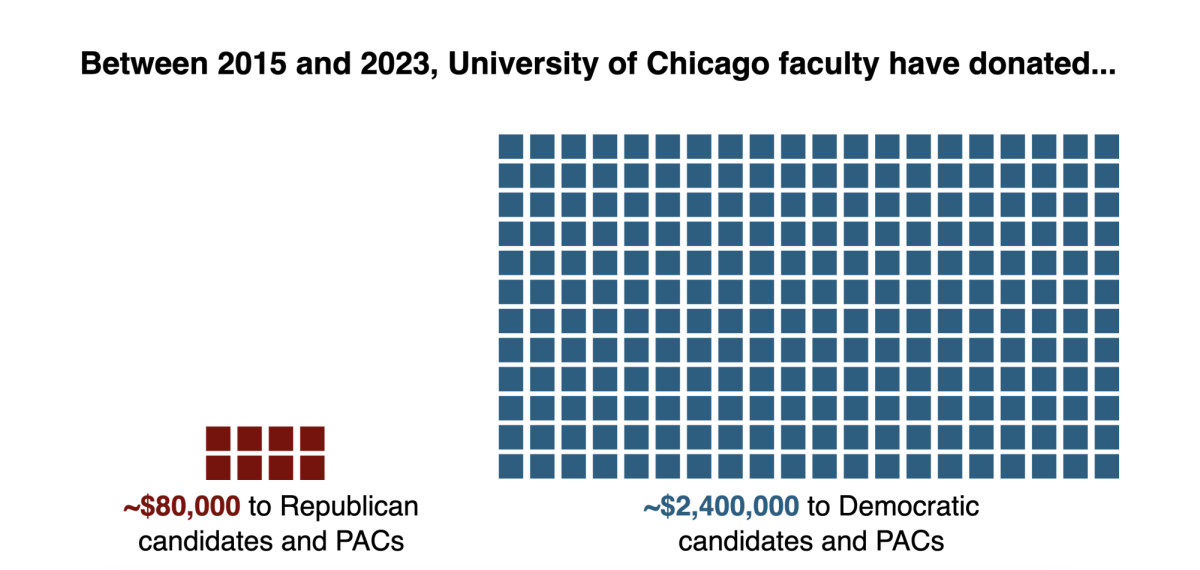
Grey City analyzed individual political contributions from the Federal Election Commission (FEC) over the last five election cycles from January 2015 to December 2023. The FEC requires political campaigns and PACs to report the employment and occupation information of their respective donors who contribute $200 or more in a single calendar year. In addition, conduits such as ActBlue and WinRed, which now comprise a large swath of donations, must report all contributions, regardless of size.
For this analysis, the data included only contributors who self-reported their profession as “Professor”, “Teacher”, or “Lecturer” (including slight variations such as “Assistant Professor”) and who self-reported their employer as “UChicago” or “University of Chicago.” Donations included those to specific candidates’ campaigns and PACs, which pool campaign contributions from members and donate the funds to campaigns for or against candidates, ballot initiatives, or specific pieces of legislation. PACs’ political affiliations were categorized based on Open Secrets’ database, which determines political affiliation based on which party’s candidates receive funding from the PAC. All donations have been adjusted for inflation to 2023 dollars.
Unsurprisingly, the majority of donations were given to Democratic causes, a trend often true across top universities like Harvard and the University of California system. In years past, UChicago earned a reputation as a particularly conservative institution, perhaps due to the law school, the economics department, or the University’s strident protection of free speech. However, this characterization has lost favor in recent years as research has shown that faculty at leading institutions do indeed lean left.
Despite being an imperfect measurement of both political donations and individual beliefs, analyzing which candidates and PACs UChicago faculty donated to over the past five election cycles serves as a meaningful indicator of the collective political leaning of the faculty and their engagement in elections.
These individual small-dollar donations “tend to be more driven by ideology and are consumption-driven,” said Professor Alexander Fouirnaies, an expert in the role of interest groups and money in the political process at the Harris School of Public Policy. “[Donating] is about being part of the process. It’s driven by some of the same factors that drive participation in general in politics.”
Despite recent controversies regarding UChicago’s commitment to free expression, faculty have a strong belief in its necessity. “If you feel like you want to support a Democrat, you can do it. If you want to support a Republican, you will do that. I don’t think anyone worries about institutional pressure in any political direction,” said Fouirnaies.
Following national trends, donations in the 2020 cycle (2019–20) reached an all-time high as UChicago faculty donated an estimated $1.3 million. Most donations were contributed in the final months of the election; almost 40 percent of the donations in the 2020 cycle were given in the final two months of the election cycle. Over 50 percent of all donations in the 2020 cycle went to just two organizations: the Joe Biden Presidential campaign (which includes the Biden for President and Biden Victory Fund PACs) and ActBlue. According to its website, ActBlue is an “online fundraising platform for Democratic candidates, progressive organizations, and nonprofits” serving as a donations conduit.
Given that both the media and political campaigns often use donations as a proxy for enthusiasm and electoral success, current indicators point toward a heavily contested election, despite low approval ratings for the current president (and assumed Democratic nominee for 2024) and the myriad of lawsuits against the leading Republican nominee. 2024 campaign expenditures have already broken records as the length of presidential campaigns continues to increase. The 2023–24 election cycle is projected to be “the most expensive of all time, totaling $10.2 billion in political expenditures across broadcast, cable, radio, satellite, digital, and CTV,” according to AdImpact’s projections.
Donations by UChicago faculty show a slightly different story. As seen from the graph above, cumulative contributions in the buildup to the 2024 election roughly followed the trajectory of the 2020 election up until 11 months before the election, but have since slowed. Given donations to date and historical trends, there will be an estimated $760,000 donated by UChicago faculty this cycle, down by over 40 percent from the $1.3 million donated in 2020. This lack of enthusiasm from faculty in 2024 could be indicative of a larger trend of fatigue and voter dread stemming from the perceived inevitability of an election that will feature the same two presidential candidates as four years ago.
As the primaries are just beginning to heat up, predictions for the 2024 election may not be too surprising given this appearance of a repeat of 2020. “The people who donate are probably also the type of [people] who will show up to vote in an election. They are motivated by some of the same factors. So, my guess would be that [donations and turnout in 2024] are going to look very similar [to 2020],” Fouirnaies said.









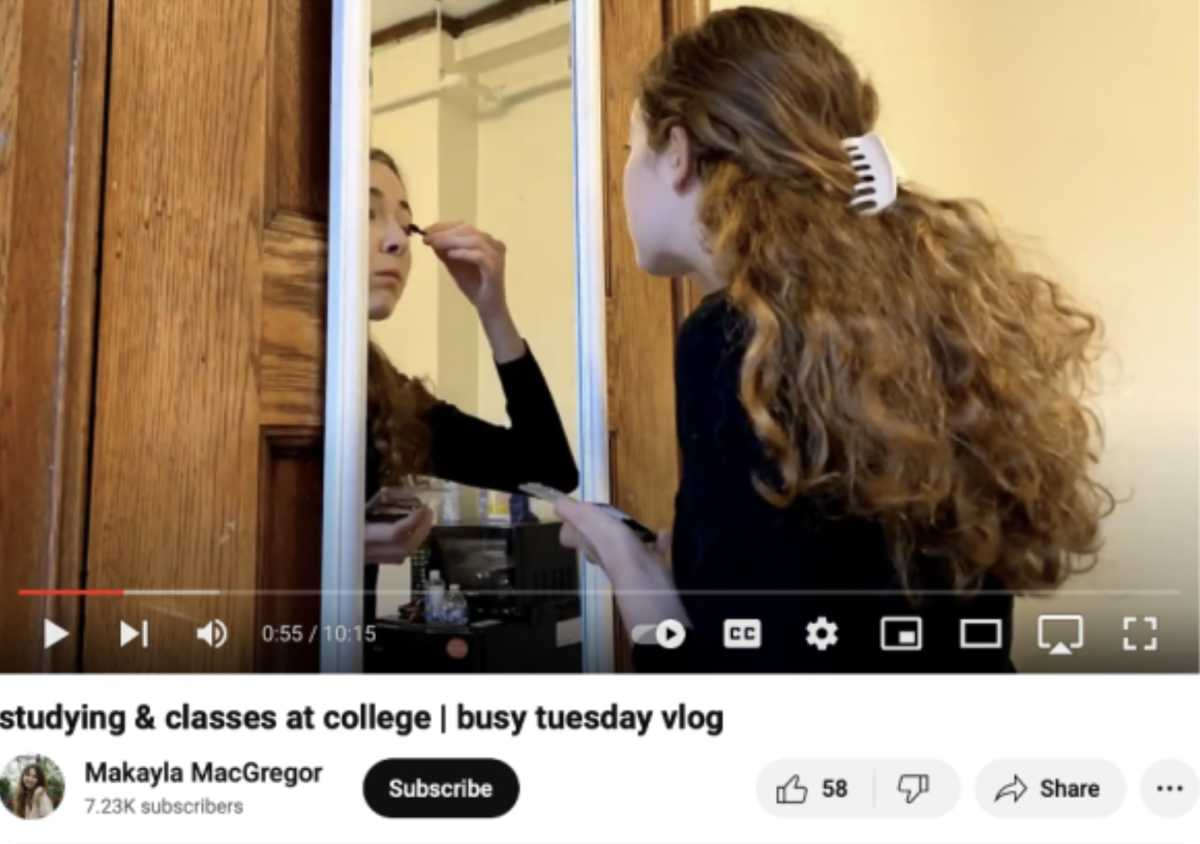
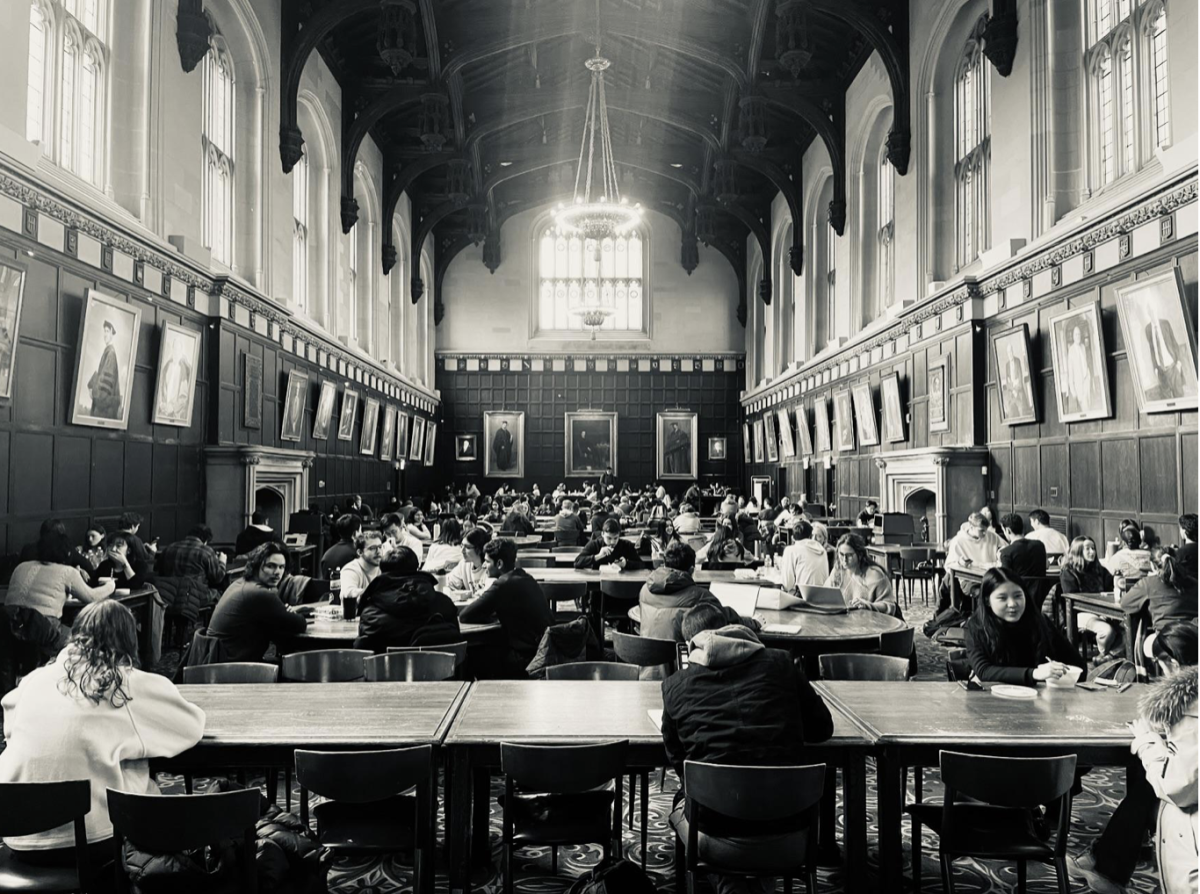
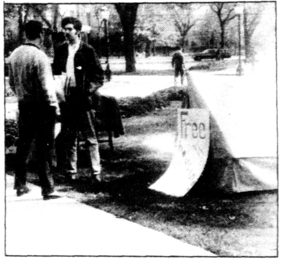
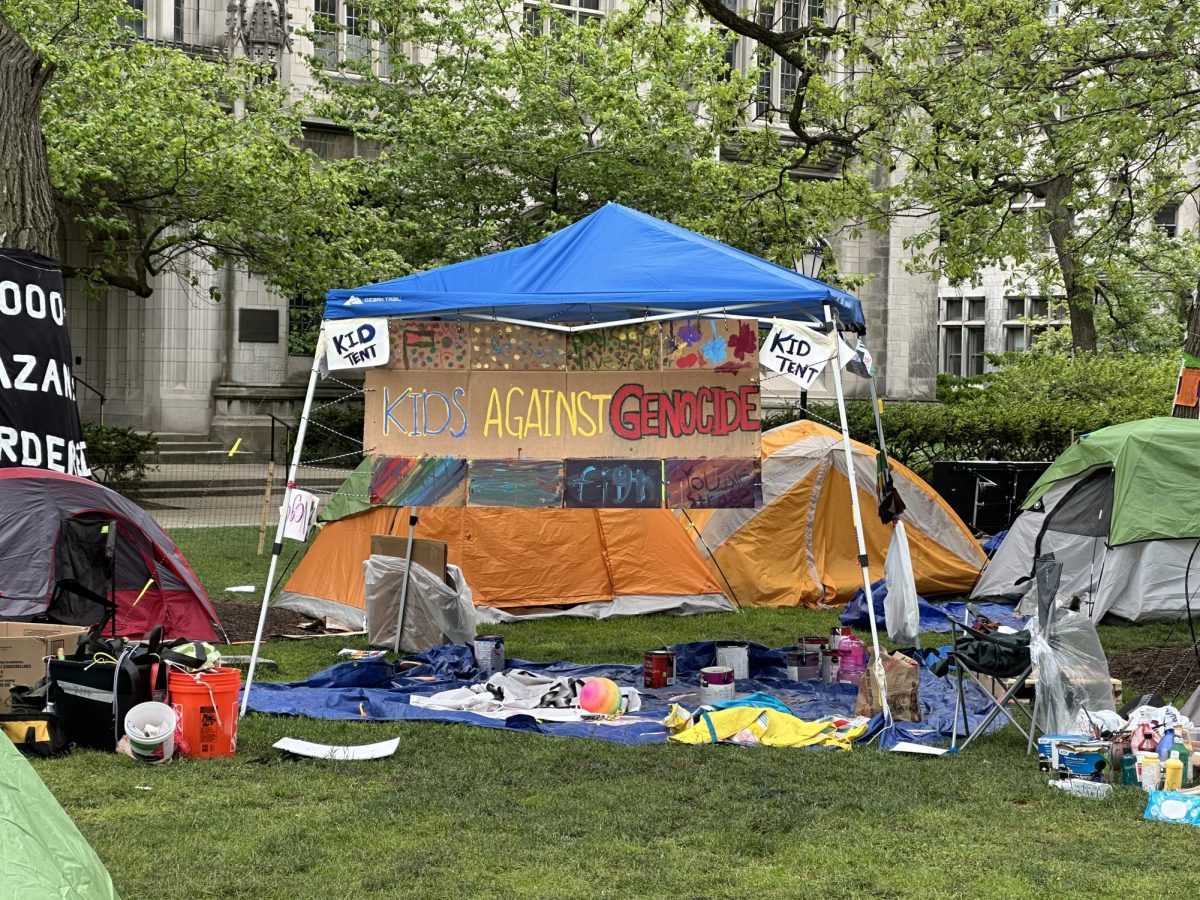

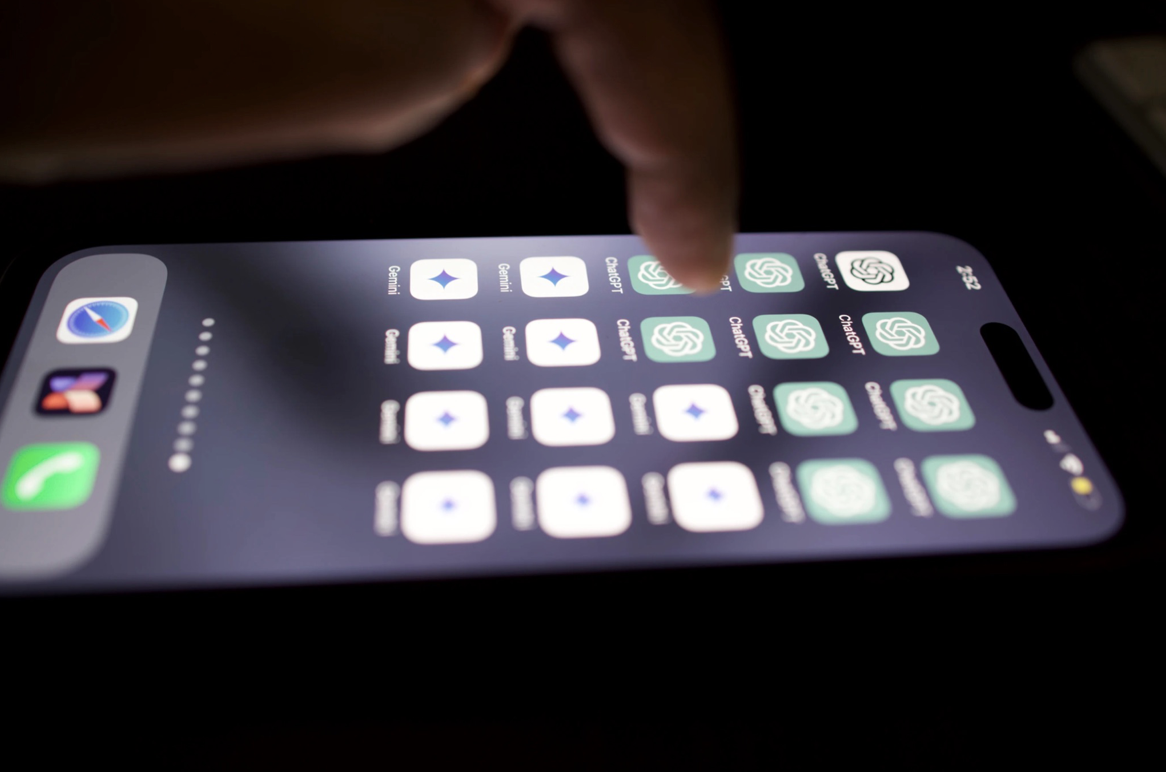
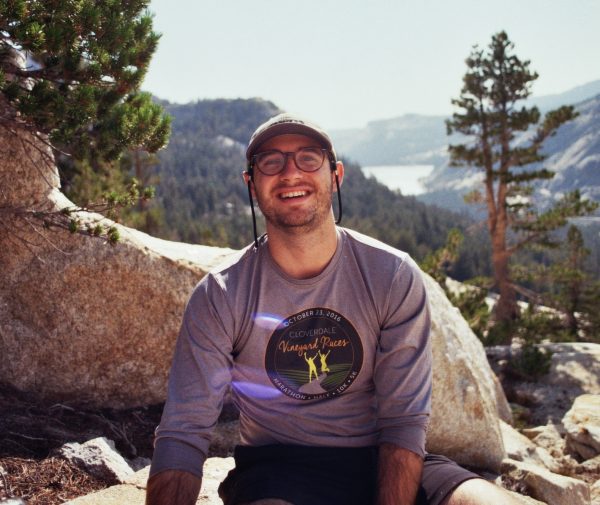
John Welch X70 / Apr 23, 2024 at 12:41 pm
This is a curious turn. In the late 1960s, UC faculty were pro-war conservatives. The History Department proudly denied tenure to Jesse Lemisch, a “history from below” friend of EP Thompson and Herb Guttman. The Sociology Department “cleaned” itself of Marlene Dixon, a Marxist Feminist, and of Dick Flacks, who had helped to start SDS when he was a grad student at Ann Arbor. (It happens that I got to know Marlene, a little bit, and she came to behave like a wacko, but that was not why Ed Shils and Morris Janowitz and friends fired her.
[I wrote for the Maroon from 1966 until 1969, and was co-Managing Editor for a few months in 1967. Our style guide said that the University of Chicago was always “UC” or “The University” or the full name]
Joe / Feb 13, 2024 at 8:53 pm
Sadly, what this reflects is the lack of diversity in opinions among the faculty, which means that the students are not hearing diverse views. We are worse off with fewer conservative faculty.
Jacob Myrene / Feb 14, 2024 at 6:35 am
The vast majority of us can think for ourselves, thank you very much. Politics seldom comes up in non-political classes. Enough with the narrative that wokery is being shoved down our throats. You, a dinasour, are not qualified to speak to this. Begone.
Joe / Feb 18, 2024 at 9:02 am
It’s incredible that you go to UChicago (I assume), claim to know how to think for yourself, and respond with such a silly response. Faculty participate in a lot more than classroom teaching, they give talks on a wide variety of issues, participate in political events, and lend support to student initiatives outside of the classroom.
With fewer conservative voices, students are less exposed to those ideas.
As for thinking for yourself, I had always thought that UChicago is where you learn how to think?
Jacob Myrene / Feb 20, 2024 at 11:48 am
“With fewer conservative voices, students are less exposed to those ideas.”
What part of “the vast majority of classes are apolitical and most students are capable of thinking for themselves rather than blindly regurgitating what they’re taught” don’t you understand, Mr. Dinosaur? Yes, there are echo chambers on campus. No, they are not the norm.
I don’t want to hear conservative voices in my mathematics lectures. I don’t want to hear leftist voices either. And fortunately, I never have.
And as for classes where politics does come up: do you seriously believe professors cannot separate their personal lives from their professional roles? Do you have evidence to support the idea professors’ personal political biases translate into the mass indoctrination of students?
You must have zero faith in the Chicago Principles. Sad!
Clearly, your Murdoch-addled brain is beyond help. Is the “woke” in the room with us right now, Joe? 🙂